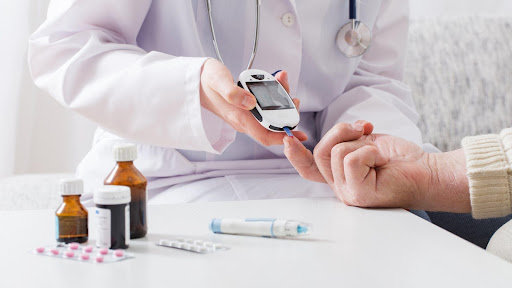Preventing Hearing Loss
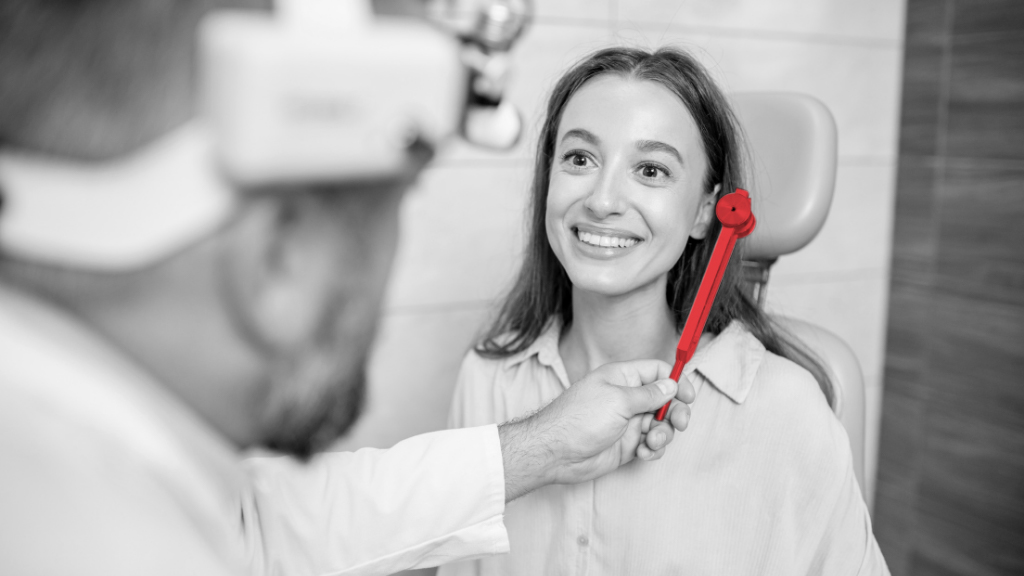
Loud Sounds Can Permanently Damage your hearing. There are some simple things you can do protect your hearing from loud noises permanently damaging your hearing.
1. Avoid loud noises/Wear Ear Protection
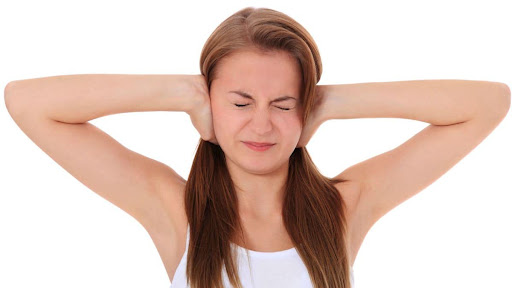
The best way to avoid noise-induced hearing loss is to keep away from loud noise as much as you can.
Generally, a noise is probably loud enough to damage your hearing if:
- you have to raise your voice to talk to other people
- you cannot hear what people nearby are saying
- it hurts your ears
- you have ringing in your ears or muffled hearing afterwards
Noise levels are measured in decibels (dB): the higher the number, the louder the noise. Any sound over 85dB can be harmful, especially if you’re exposed to it for a long time.
To get an idea of how loud this is:
- whispering – 30dB
- conversation – 60dB
- busy traffic – 70 to 85dB
- motorbike – 90dB
- listening to music on full volume through headphones – 100 to 110dB
- plane taking off – 120dB
You can get smartphone apps that measure noise levels, but make sure they’re set up (calibrated) properly to get a more accurate reading.
If you cannot avoid loud noise use Hearing protection devices which protect your hearing from noise.
2. Take care when listening to music
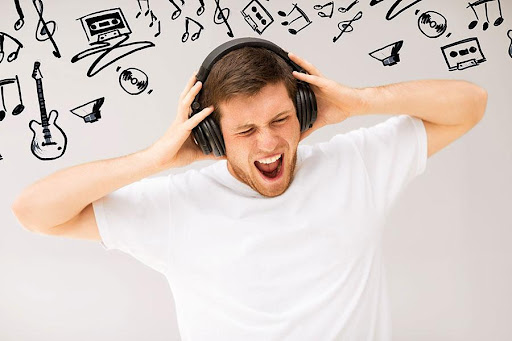
Listening to loud music through earphones and headphones is one of the biggest dangers to your hearing.
To help avoid damaging your hearing:
- use noise-cancelling earphones or headphones – do not just turn the volume up to cover up outside noise
- turn the volume up just enough so you can hear your music comfortably, but no higher
- do not listen to music at more than 60% of the maximum volume – some devices have settings you can use to limit the volume automatically
- do not use earphones or headphones for more than an hour at a time – take a break for at least 5 minutes every hour
Even just turning down the volume a little bit can make a big difference to your risk of hearing damage.
Get your hearing checked regularly and wear noise protectors
3. Protect your hearing during loud events and activities
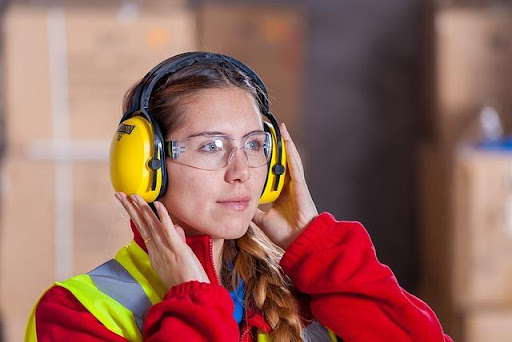
To protect your hearing during loud activities and events (such as at nightclubs, gigs or sports events):
- move away from sources of loud noises (such as loudspeakers)
- try to take a break from the noise every 15 minutes
- give your hearing about 18 hours to recover after exposure to lots of loud noise consider wearing earplugs
4. Take precautions at work
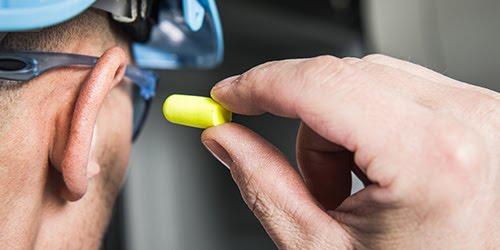
If you’re exposed to loud noises through your work, speak to your human resources (HR) department or occupational health manager.
Your employer is obliged to make changes to reduce your exposure to loud noise, for example, by:
- switching to quieter equipment if possible
- making sure you’re not exposed to loud noise for long periods
- providing hearing protection, such as earmuffs or earplugs
Make sure you wear any hearing protection you’re given.
5. Get your hearing tested
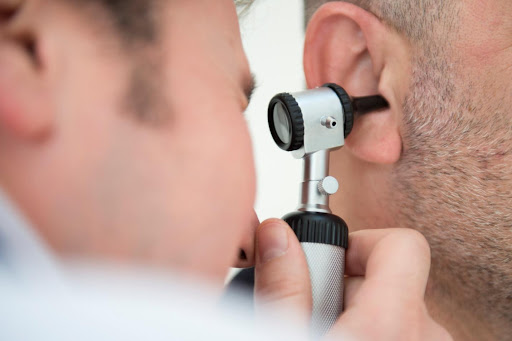
Get a hearing test as soon as possible if you
- work in a noisy environment
- Use headphones for more than 6 hours a day
- Have a family history of hearing loss
- Are over 50 years of age
- Have difficulty understanding speech in a noisy environment or a group
- Keep the TV volume louder than others
- Difficulty in understanding over phone
- Have to ask others to repeat
6. Manage your blood pressure and cardiac health
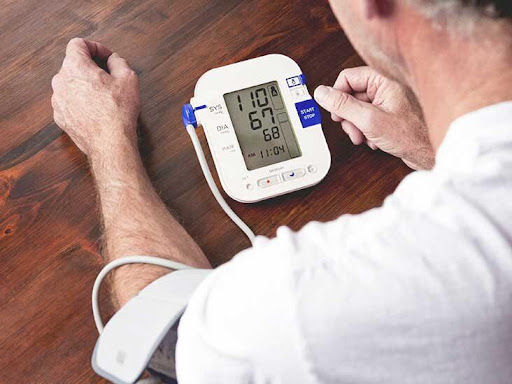
High blood pressure and heart disease can damage the fragile mechanisms inside your ear that help you hear. If you have high cholesterol or blood pressure, follow your doctor’s treatment orders to get it under control.
7. Keep diabetes under control
Research has shown that people with diabetes are twice as likely to have hearing loss. Just as with high blood pressure, diabetes can damage the cells in your inner ears. Keep your blood sugar under control and follow your doctor’s orders for managing diabetes.

